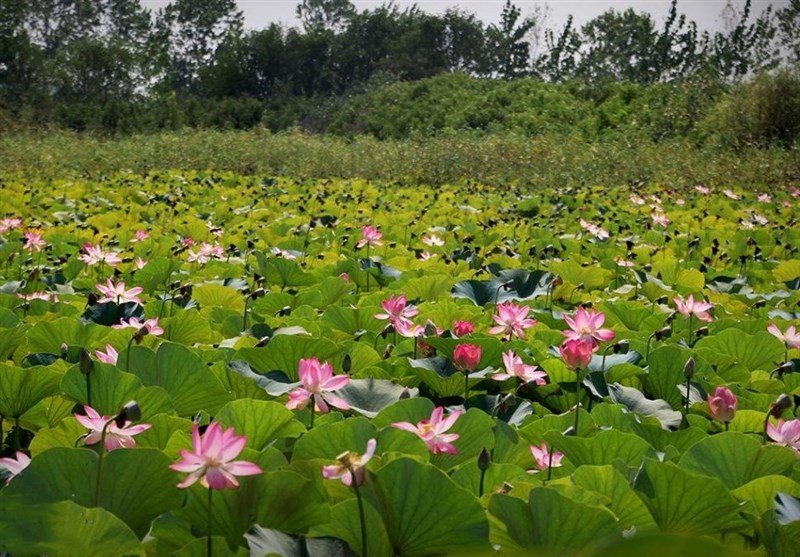Govt. allots $3.5m to combat drought in protected areas

TEHRAN — The cabinet of ministers has approved a budget of 150 billion rials (nearly $3.5 million) to fight drought and reduce its adverse effects in protected areas, the budget office director of the Department of Environment (DOE) has said.
On September 23, the cabinet agreed to allocate the amount with regard to the persistent drought and low precipitations in protected areas and wildlife habitats and their negative impacts on the regions biodiversity, Tasnim quoted Mustafa Kiakajouri as saying on Saturday.
Dredging the springs to deepen or maintain navigable waterways or channels which are possibly too shallow due to sediments, sand and mud to increase the holding capacity of reservoirs, building watering trough to provide drinking water to animals, providing forage for the wild animals, and fighting disease outbreaks are of the projects to mitigate negative consequences of drought, Kiakajouri explained.
He also highlighted that the cabinet has drawn up a budget of 850 billion rials (nearly $20 million) for restoration of Anzali wetland, northern province of Gilan.
Covering more than 19,000 hectares, the wetland is located near the northern port city of Bandar Anzali, neighboring the Caspian Sea. The wetland was designated as a Ramsar site on June 23, 1975. It is fed by several rivers and separated from the Caspian Sea by a dune system. The lagoon is home to submerged and floating vegetation and also extensive reed beds. It bears international importance in terms of breeding, staging and wintering water birds.
Kiakajouri regretted that over the past few years water level has decreased from 11 meters to 3 meters in the wetland.
The money will be allocated to the “restoration of Anzali Wetland by means of bioremediation using domestic technologies” scheme proposed by researchers at Isfahan Science and Technology Town which is approved by the DOE, he added.
Bioremediation is a process that uses living organisms, mostly microorganisms and plants, to degrade and reduce or detoxify waste products and pollutants.
Sediment deposition in the Anzali wetland is posing a significant threat to it, and is increasing chances of its total disappearance in the near future, so the implementing the scheme may result in minimizing the sediments in the reservoir.
In mid-August, the DOE chief Issa Kalantari put in a request to the head of the Budget and Planning Organization, Mohammad Baqer Nobakht, to financially support the scheme to revive the endangered Anzali wetland.
Kalantari explained that the schemes has been piloted successfully and can reduce the sediments in the wetland within three years should the Budget and Planning Organization allocate the budget.
MQ/MG
